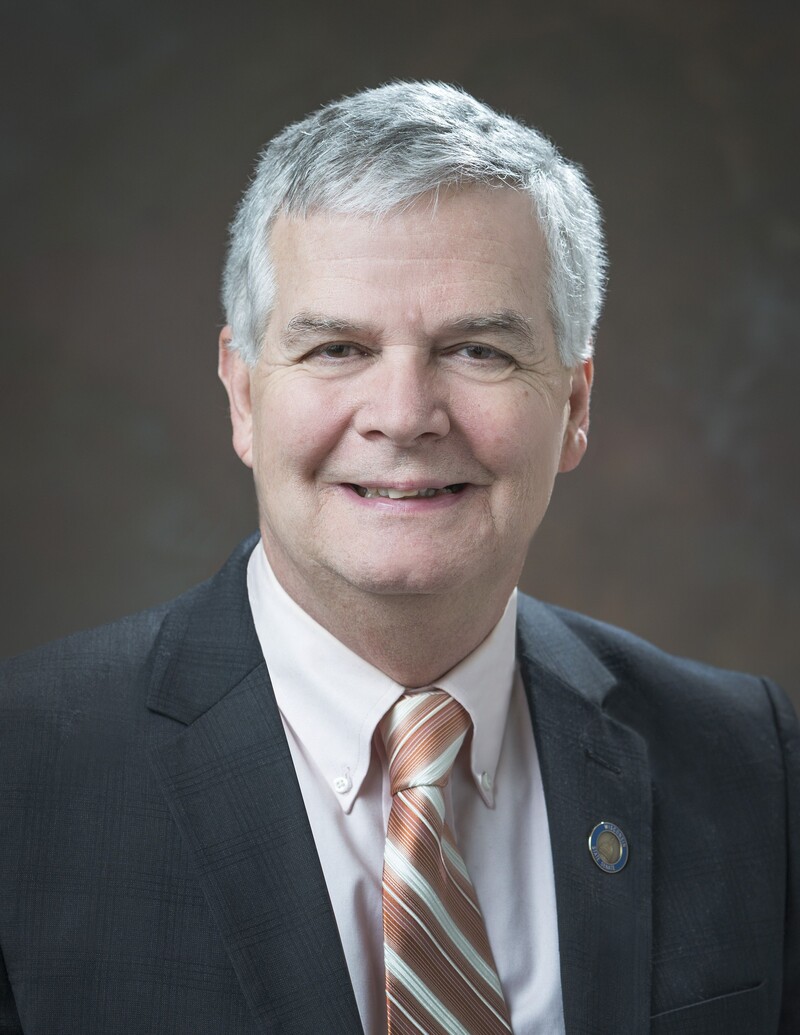How many times have you heard the expression, “Knowledge is Power?” I heard it from an unexpected source last week during one of our public hearings in the Senate Government Operations, Technology and Consumer Protection Committee.
Who could disagree with the statement that knowledge is power? In fact, when someone used that line representing the conservative group, Americans for Prosperity, I thought it might be an opportunity to find agreement. The person testified in favor of a bill (Senate Bill 179) to force gas stations to post a sticker on each gas pump stating the tax being charged per gallon.
I asked the woman testifying if she also supported transparency regarding Governor Evers’ budget provision to post on each homeowner’s property tax bill the amount of tax money used for voucher schools. It seemed the perfect time to ask if we could agree that taxpayers should also have the knowledge so they can have the power. The woman refused to answer my question. Knowledge shouldn’t be limited because “limited knowledge is limited power.”
The same week Republicans said “no” to Medicaid expansion, they sent a flurry of anti-choice bills through committees. Senate Bill 174, called “A Woman’s Right to Know” also received a public hearing in our committee. Doctors are supposed to know the facts and patients trust their recommendations because they are based on years of medical knowledge and expertise.
SB 174 forces a doctor to inform a woman she may be able to reverse the process after taking a drug to chemically induce an abortion (despite lack of scientific evidence). So, I guess, it’s really just a woman’s right to know rhetoric rather than what is right. This would be “Wrong Knowledge is Wrong Power.”
What most people may want to know is that while Republicans were removing Medicaid Expansion from the budget they were passing bills to misinform women about important healthcare decisions. Here are the facts. Wisconsin has an opportunity to save $324.5 million, provide healthcare for 82,000 more residents and lower health insurance premiums for people with private insurance by 7-11% if we expand Medicaid. It’s a no-brainer. It all comes down to whether we put people before politics.
REAL knowledge IS real power. If we’re going to follow that philosophy, then we should be honest and consistent. If we really believe in knowledge and how citizens should be empowered, we should be forthright about our intentions behind our actions.
It takes trust. Trust between legislators and the public. We can’t build trust when the information provided is not complete or is outright wrong.
Knowledge happens from firsthand experience, fact-based information and trustworthy sources. One or all of those things need to happen if knowledge is transformed into power. Then there is the power side of the equation. What sort of power? Where is the power applied? How is the power applied? That’s when things can get really sticky. Power can corrupt, and if power is the goal then the knowledge can also be corrupted to attain that power.
Too many times we’ve seen the powerful keep the powerless from knowing the truth. The facts are there for those that want to learn, but it takes effort on everyone’s part. In my office, one of my staff members has a quote from Edmund Burke near her desk that says, “The only thing necessary for the triumph of evil is for good men to do nothing.” When we see injustice and the spread of misinformation, we need to stand up to it. That is the true purpose of the “power” behind the statement knowledge is power.



Add new comment